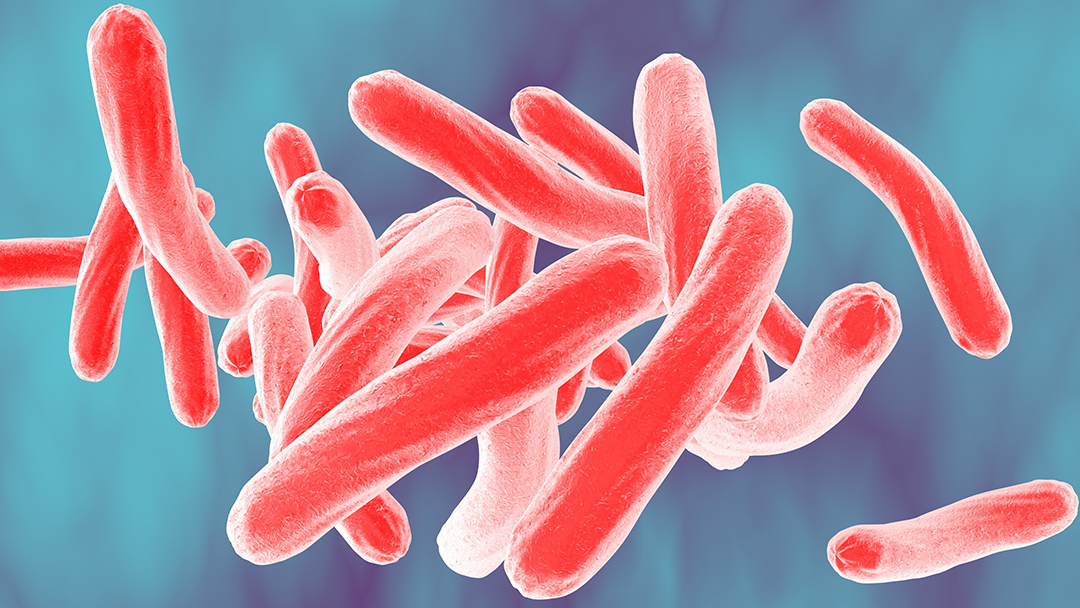TB IRIS
Pathogenesis and identification of predictive factors of TB-IRIS in HIV patients under HAART

Objective
To follow-up a cohort of Ugandan HIV-infected patients with and without active M tuberculosis infection in order to:
– Assess the value of clinical and biological markers of HIV infection and tuberculosis in predicting the occurrence of TB-IRIS.
– Correlate the pathological inflammatory responses of TB-IRIS with incomplete or unbalanced reconstitution of M tuberculosis-specific T regulatory and T effector cells and with inappropriate M tuberculosis-induced activation of monocytes and macrophages.
– Translate the immunopathological patterns identified into novel and sensitive predictive factors for diagnosis and prevention of TB-IRIS.
Description
The Immune Reconstitution Inflammatory Syndrome (IRIS) is an undesirable effect of effective antiretroviral therapy (ART) in HIV-infected patients. It is a pathological inflammatory response against germs, which are “recognized” as new by the regenerating immune system in response to ART. Tuberculosis-associated IRIS (TB-IRIS) is expected to become a major cause of HIV-associated morbidity as an increasing number of patients have access to ART in areas where both HIV infection and TB are endemic. The lack of a clear-cut case-definition and reliable predictive markers make clinical management of TB-IRIS less efficient. The overall aim of this study is to understand the pathogenesis of TB-IRIS, and to define its determinants by conducting a comprehensive investigation of clinical, virological, immunological and molecular parameters in a cohort of HIV-infected patients with different levels of exposure to TB. The clinical presentation of TB-IRIS will be assessed and the predictive value of different biological markers of HIV infection and tuberculosis will be evaluated. Parallel to the clinical studies, we will examine whether defective reconstitution patterns associated with TB-IRIS can be linked to three types of key player cells.
Partners
The Institute of Tropical Medicine Antwerp (ITM), Belgium
Infectious Disease Institute (IDI) Kampala, Uganda
The Clinic of Immunobiology and Laboratory of Vaccinology and Mucosal Immunity from the Université Libre de Bruxelles (ULB) Belgium
The Flemisch Institute of Biotechnology (VIB), Belgium
The Institut Pasteur of Lille (IPL), France
The Joint Clinical research Centre (JCRC), Kampala, Uganda
Funders
EU
Countries
Uganda
